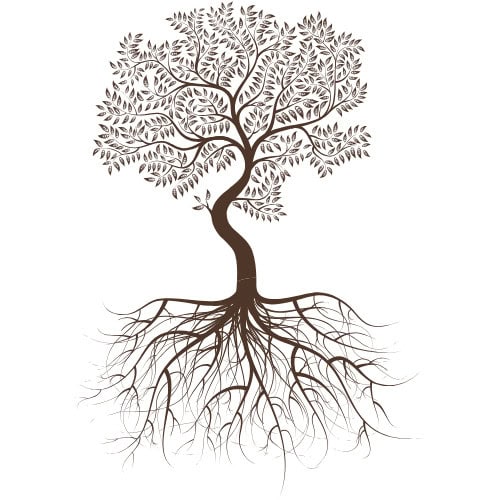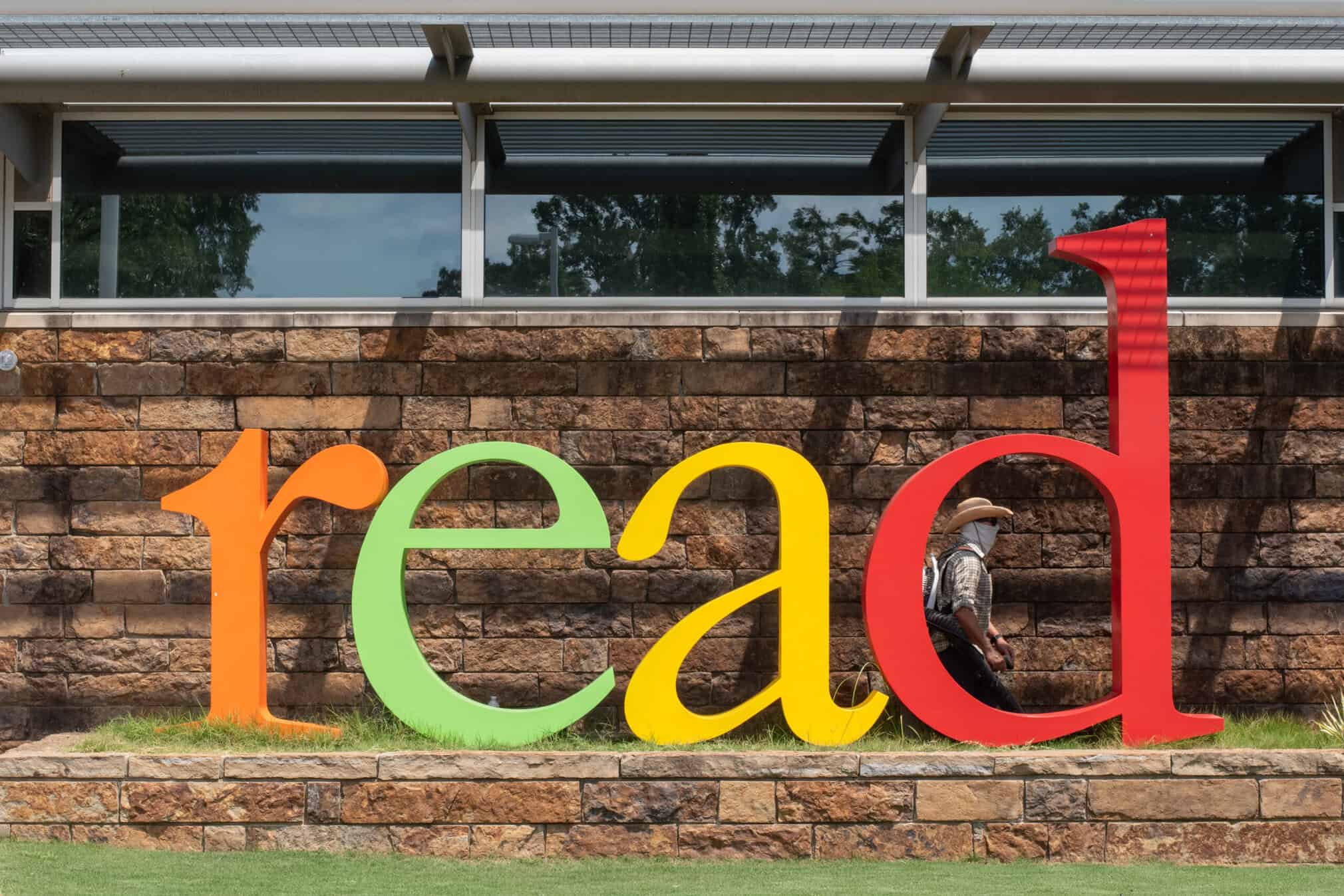Almost half a million Arkansans — about 23% of adults — struggle to read.
Literacy is not just about reading the latest summer best-seller. Difficulty reading makes it hard to earn a stable living and help children with schoolwork. Poverty and low literacy reinforce one another, limiting opportunity across generations.
About 11% of Arkansans aged 25 and older—more than 223,000 people—lack a high school diploma or GED, and roughly 4% of adults in the state, over 82,700 individuals, did not complete ninth grade (Adult Learning Alliance of Arkansas).
Research shows that a parent’s education level—especially a mother’s—directly shapes a child’s educational success.
Confidence in reading nurtures economic mobility, community participation, and healthier families. Adults without basic literacy skills struggle to qualify for stable jobs, pass workplace certifications, or even obtain a driver’s license. The impact is wide-reaching.
COMMUNITY PARTICIPATION: Adults with advanced reading skills are more likely to vote, serve on juries, and support their communities.
FINANCIAL STABILITY: Literacy supports budgeting, reading contracts, and understanding paychecks—skills that protect families from predatory practices and open doors to financial independence.
WORKFORCE OPPORTUNITY: In Arkansas, nearly 60% of jobs require education beyond high school. Without knowing how to read, workers are locked out of training programs and promotions, keeping families trapped in low-wage cycles.
HEALTH AND FAMILY WELLBEING: Navigating prescriptions, health insurance, medical paperwork, and school meal applications requires advanced reading skills.

Let’s Close the Literacy Gap
A network of literacy councils and community organizations across the state are working to advance reading skills in Arkansas, many powered by volunteers who meet Arkansans where they are to build skills and develop confidence.
If you want to get involved, supporting literacy and education organizations is a great place to start—local tutors are always needed and so are monthly donors.
Despite their statewide reach, nonprofits with adult literacy programs serve less than 10% of adults who need help.

It’s important to talk about literacy in your community and help connect the dots between literacy, poverty, and opportunity in Arkansas.
Take Action: Support Reading in Arkansas
VOLUNTEER: Become a literacy tutor.
SUPPORT: Donate space, materials, or funds.
TALK: Have open conversations about the link between literacy, poverty, and opportunity.
PROTECT: Push for public policy and funding that expands adult education and workforce training.
Literacy Action of Central Arkansas (LACA) serves adults and families in Pulaski, Saline, Faulkner, and Conway Counties through one-on-one tutoring and GED preparation. LACA’s Trivia Bee fundraiser is on Friday, September 5, which helps sustain free programs for adults and families. Tickets and tables are available.
Adult Learning Alliance of Arkansas is the statewide non-profit that provides structure and support to county-level literacy councils serving adults in over 50 Arkansas counties. These councils offer instructional tutoring to adults who want to learn to read, write or speak English better. All services are free.
Literacy Council of the Ouachitas provides literacy support to adults in Clark, Garland, Montgomery, and Pike counties.
Arkansas Learning Through the Arts offers literacy arts-focused workshops integrating language arts, social studies, art and music learning standards serving students across Arkansas by providing workshops and residencies in regular and specialist classrooms.
Many of these organizations offer free tutoring, GED preparation, ESL classes,
and family literacy support.





